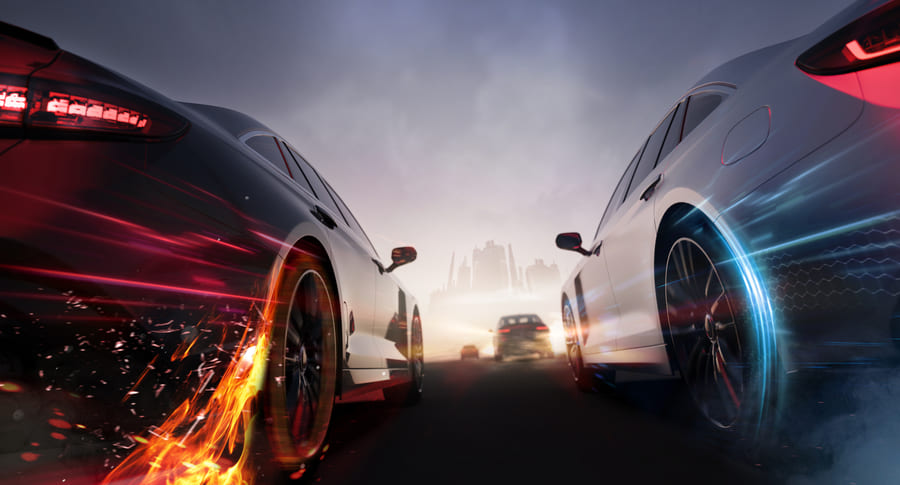
Everyone knows this: the performance of a passenger car is so often only measured in regard to horsepower. The question of horsepower is usually the first asked when talking about the actual power of a vehicle. Especially younger drivers like to flaunt horsepower figures and think that the vehicle with the most horsepower under the bonnet also outshines all others in terms of acceleration and performance. Is that really the case? Because there is still torque, which should not be ignored. So if you really want to compare engines with each other, you should not only pay attention to the horsepower number of your vehicle but also take into consideration the factors of speed and torque.
What exactly is torque?
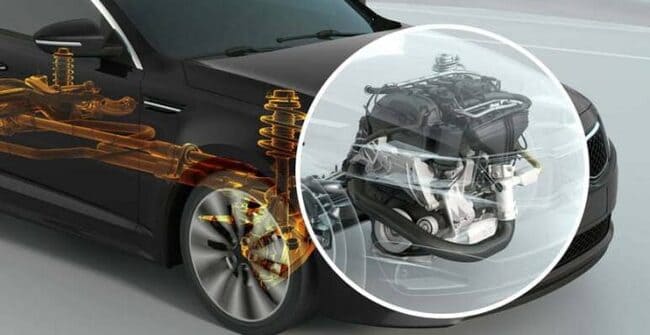
First we should address the question of what we are actually dealing with when we use the term “torque” This describes the rotational equivalent of the force. Said force accelerates things and the torque sets them in motion. The torque is therefore made up of the actual force and the lever arm, which can set things in motion, but the time factor must not be disregarded here either. In terms of an engine, torque indicates how quickly the engine responds to the accelerator pedal. Modern engines should provide as much torque as possible in the lower speed range as well as a “wide” speed range. The torque curve of the 1.4l TSI Twincharger engine meets these requirements: high torque already at low revs (250 Nm at 1,500 rpm) and constant curve up to high rev ranges (up to 4,500 rpm). This signals powerful pulling power when pulling away and overtaking and with it an exciting driving experience.
Torque describes the effect of a force on a body. However, this force does not act directly on the body, but in a rotational movement. In a car engine, the amount of torque is the effect of combustion pressure on the piston, which in turn sets the crankshaft in motion. The torque of a motor is primarily influenced by the piston’s displacement. But it is the interaction of torque and speed that gives the engine its actual power. The engine speed indicates the revolutions of the crankshaft per minute. In an internal combustion engine for cars, it is between 500 and 900 revolutions per minute.
Petrol or diesel – which has more torque?
In general, most people know that a diesel car has more to offer in regard to torque than petrol cars. Because as a compression-ignition engine, which is what a diesel vehicle is after all, the torque is always greater, even if the displacement is the same. This naturally also results in faster acceleration. Another reason for this is the special design of a diesel engine where the cylinders are rather narrow and high. It can also be noted that the combustion pressure that builds up is higher. This, of course, has a positive effect on the torque as well.
Turbocharged engines – where does all that power come from?
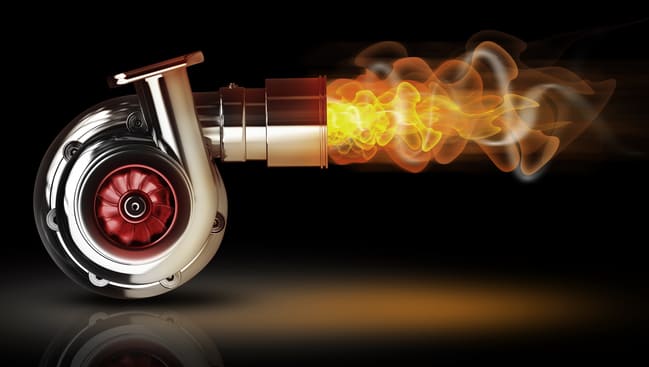
Turbocharging makes it possible to increase the power of the combustion engine. During the intake phase, the engine is supplied with air by a compressor, which in turn is driven by a turbine fuelled by the energy of the exhaust gases. Therefore, it can be said that a turbocharger provides an increase in power for the same displacement. Additionally, a turbocharger can also be useful for achieving a specific engine performance with a light engine. A vehicle with a turbo engine is especially popular with towing vehicle drivers. This is because high torque at low revs can bring significant advantages when towing a trailer.
Will petrol engines be left in the dust?
Definitely not. Although a petrol engine without turbocharging has a lower torque at lower revs, it can still deliver the same power. However, this requires high engine speeds, in which case a petrol engine can also achieve pretty good acceleration. And then there are also the modern petrol engines which have turbocharging and therefore compensate for this drawback, because then the high revs can also be dispensed with. So if the question is how fast your vehicle can accelerate from 0 to 100 km/h, you should prefer a comparison of power to a comparison of torque.
Which vehicles enjoy popularity today?
Today, people want vehicles that are flexible and that can be driven with high torque even at low revs, but that can also be driven quite fuel-efficiently at lower revs. Because as far as performance parameters are concerned, they are only indispensable when high acceleration and maximum speed are absolute priorities. For a few drivers that may be the priority, but in general, fast acceleration or top speed is usually impossible to achieve in practice. Nevertheless, the performance parameters remain important factors when comparing vehicles.


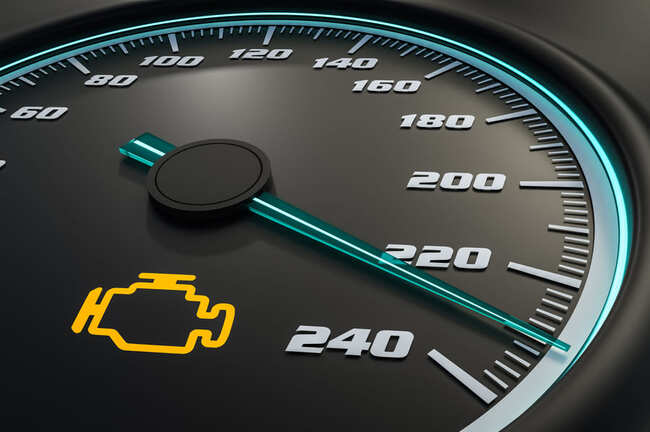
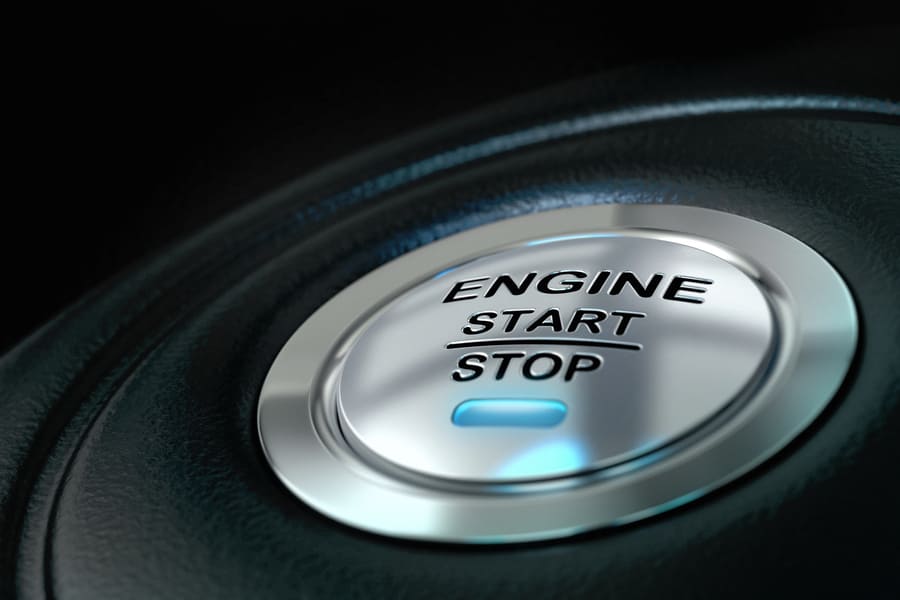
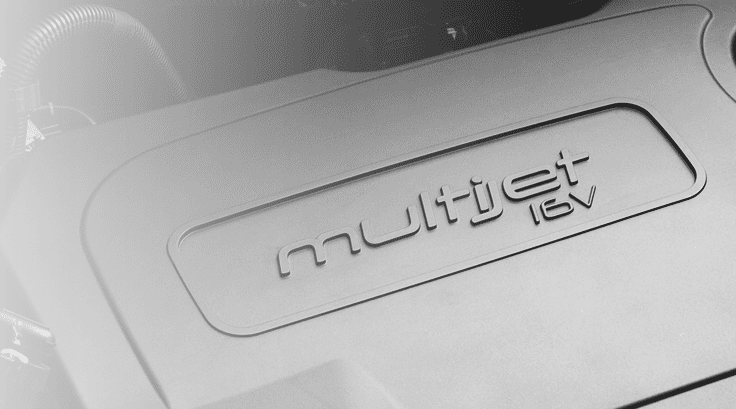
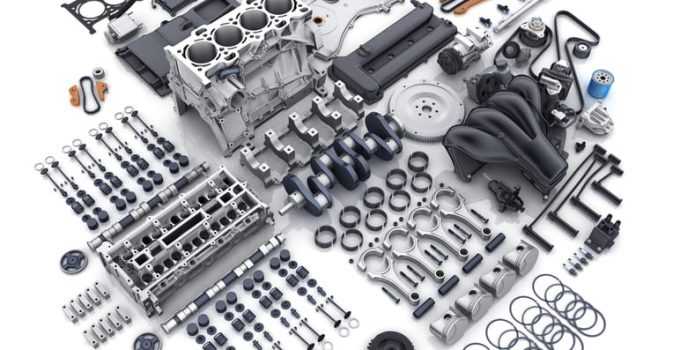
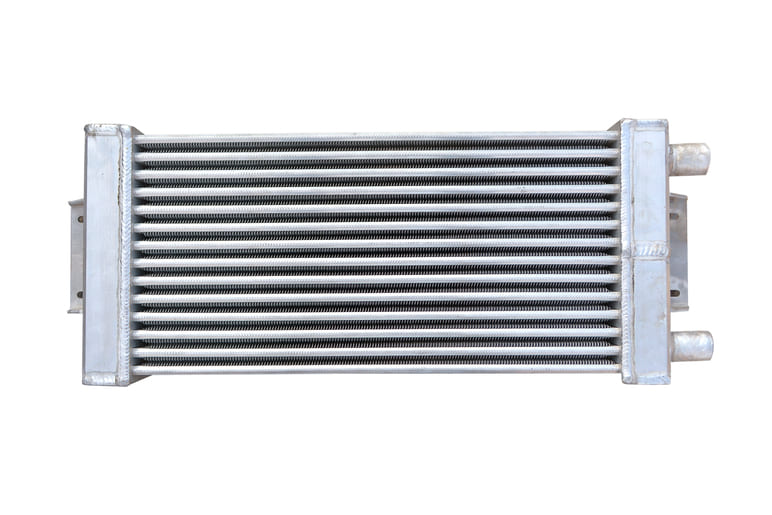
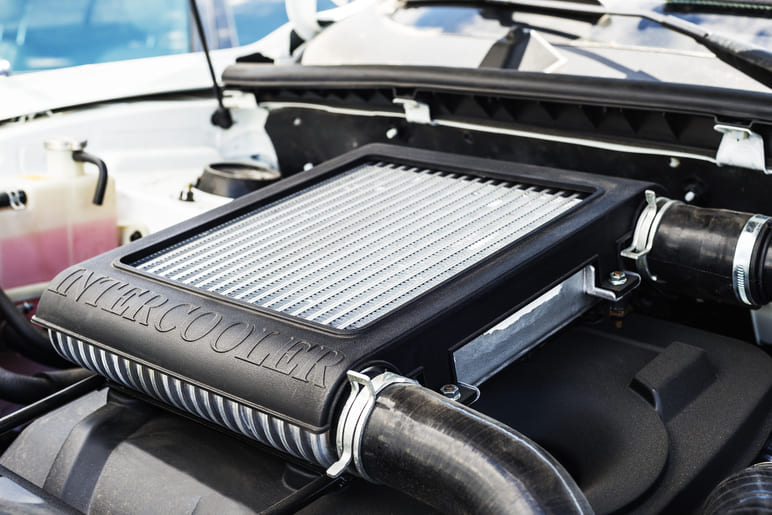
Comment